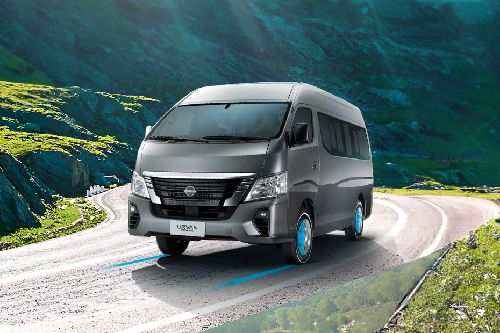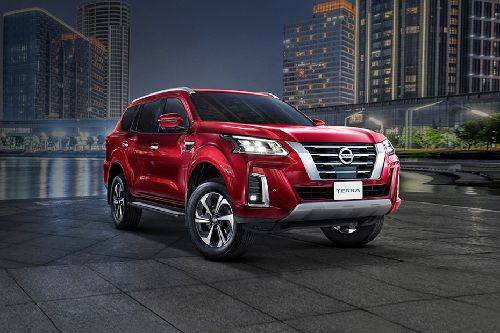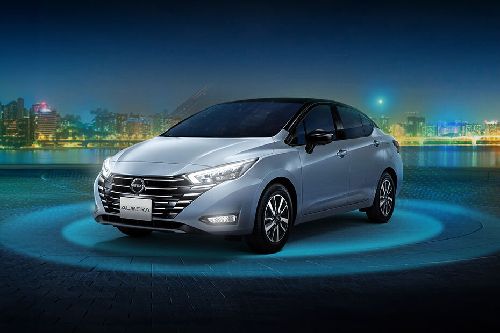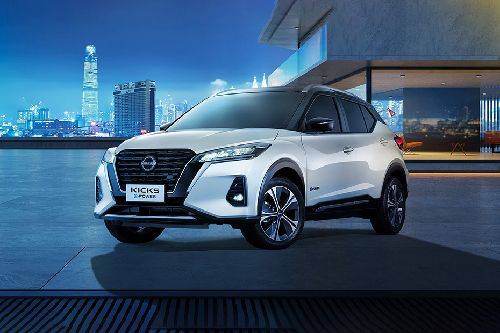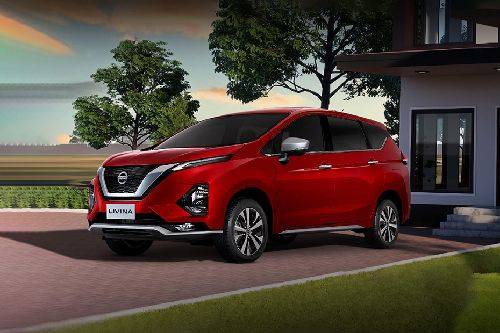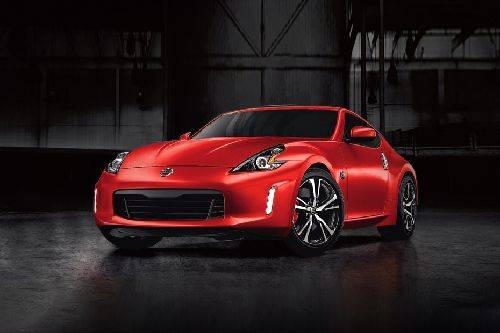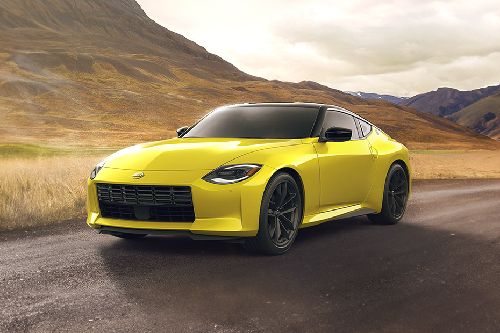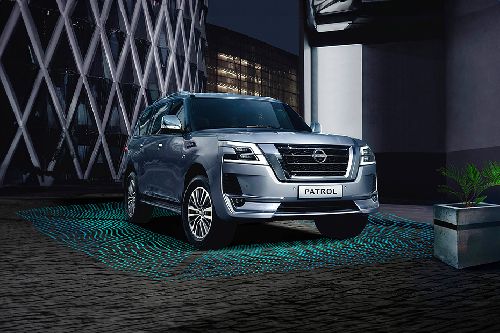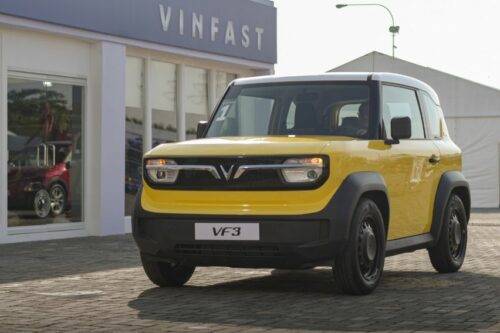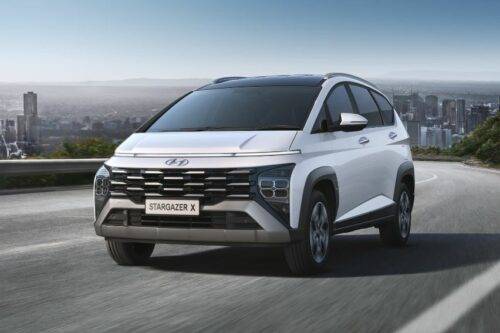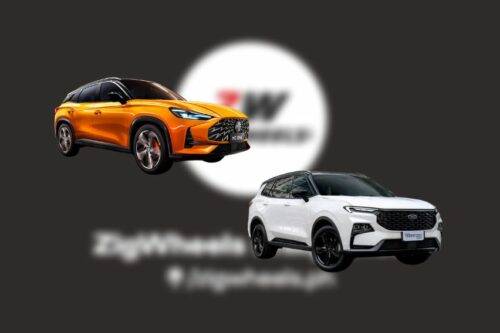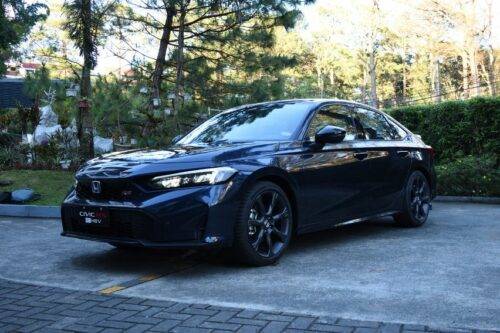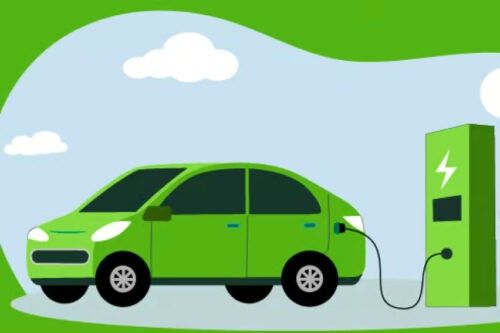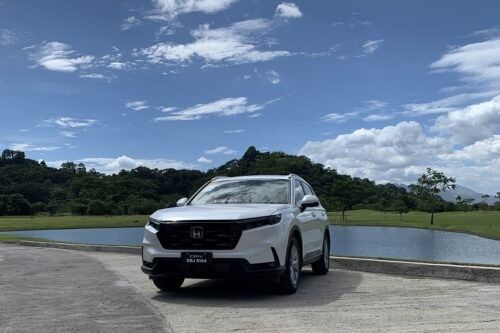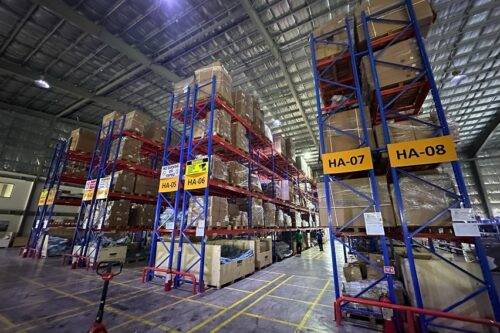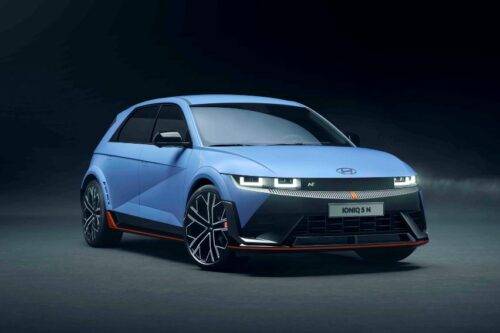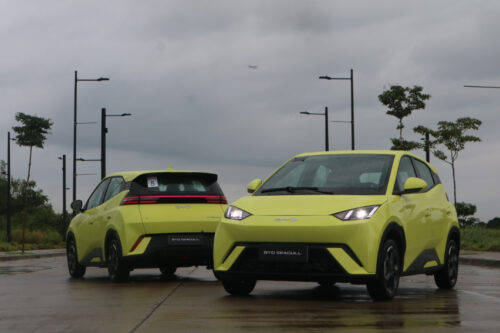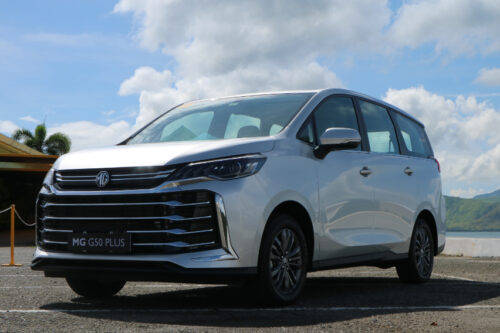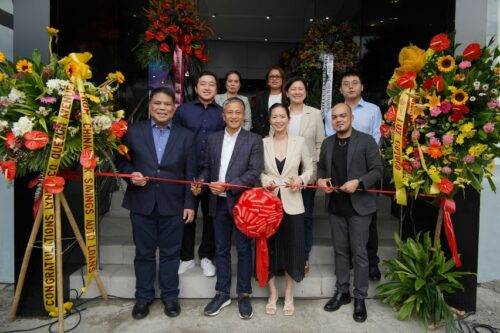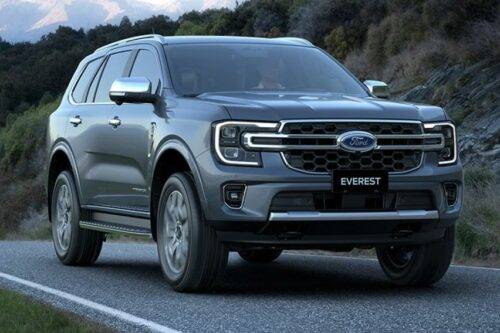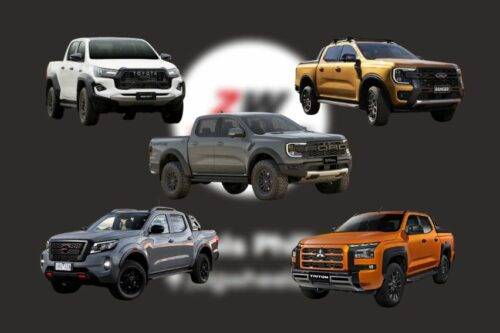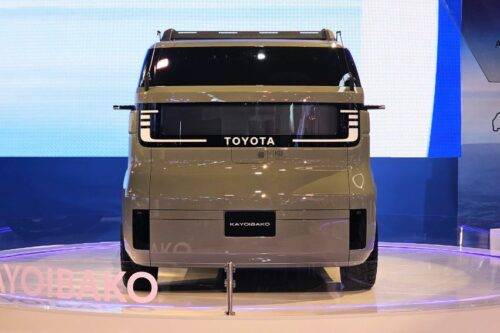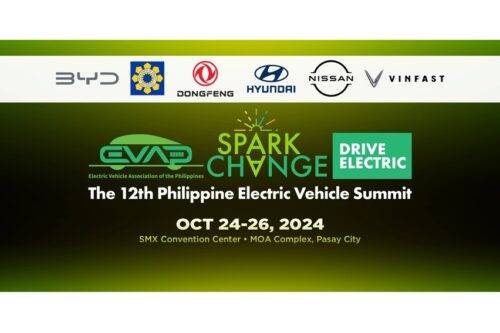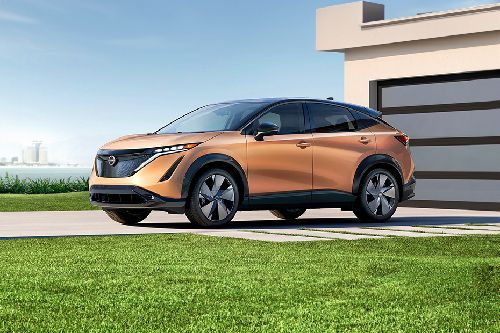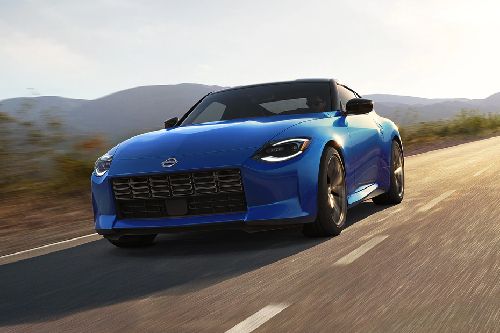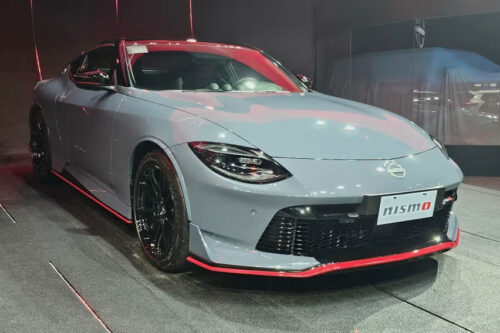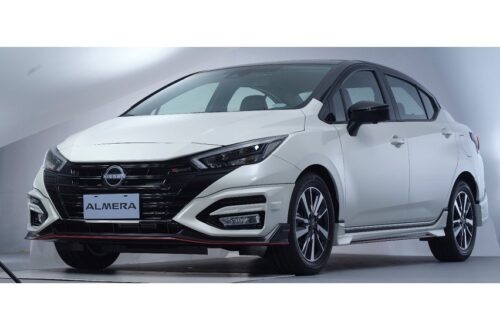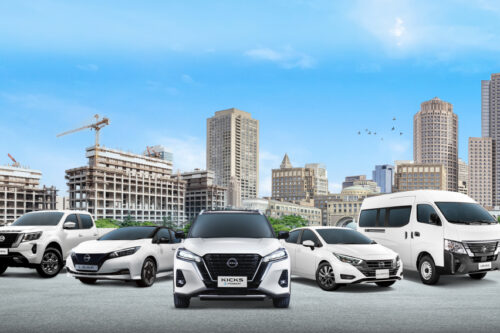Nissan shares 5 sustainable facts to bust carbon neutrality myths
Company notes that both small-, large-scale efforts matters
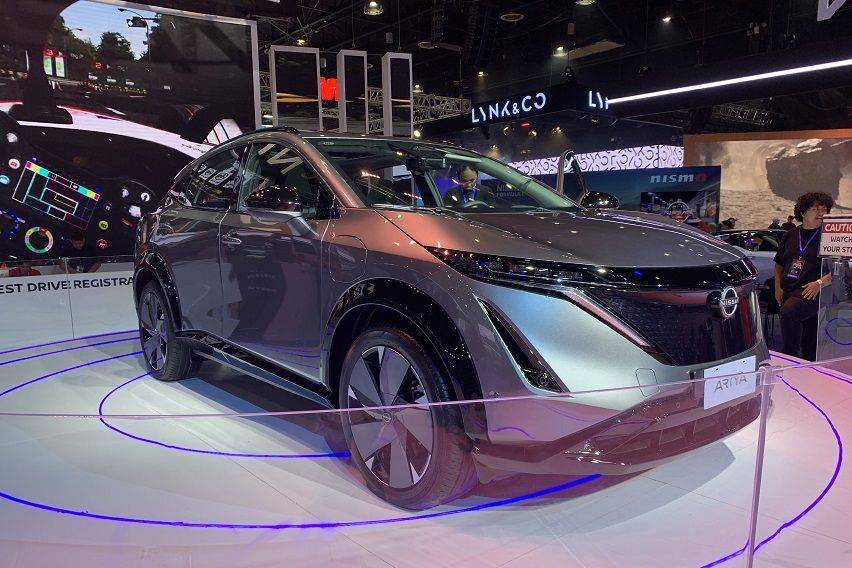
MANILA: Nissan Motor Corporation has shared five facts about sustainability to debunk common misconceptions about carbon neutrality.
KEY TAKEAWAYS
What year does Nissan aim to become a carbon neutral company?
Per Nissan, it aims to become carbon neutral by 2050.What are Nissan's electrified products here in PH?
Nissan's electrified models here in PH are the Leaf and Kicks e-Power.On that note, let’s dive in and look into the topics that range from electric vehicle practicality to the impact of small- and large-scale feats towards sustainability.
But before we check out the list, let’s look at how Nissan approaches the path to carbon neutrality.
Nissan programs
According to the Japanese carmaker, it aims to become carbon neutral by 2050. Through its Nissan Green Program 2030, the marque looks to reduce environmental impact by improving technologies and business processes.
Together with the company’s Nissan Social Program 2030, the Yokohama-based car manufacturer plans to cover various aspects from climate change to air and water quality, as well as building inclusive communities and embracing a circular economy.
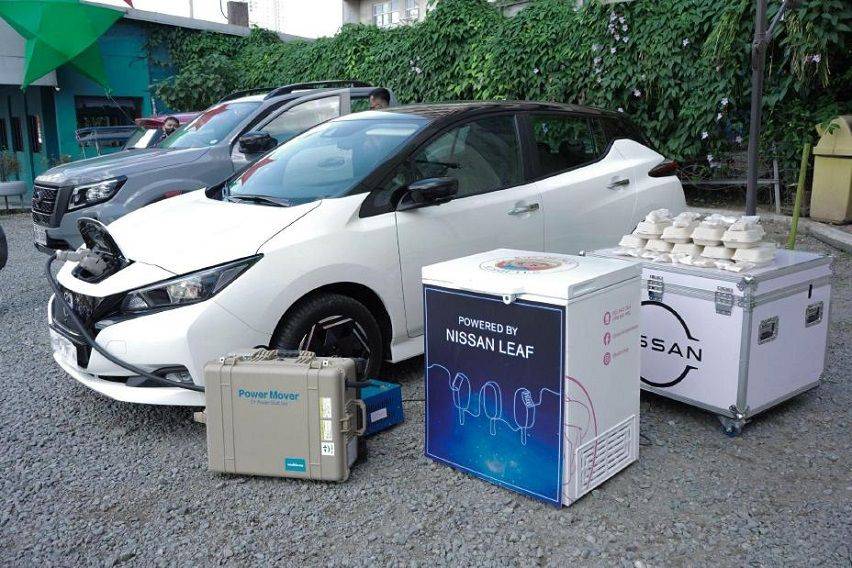 Photo from Nissan Philippines
Photo from Nissan Philippines“'Sustainability' is a word that people hear almost daily, yet it is often misunderstood. For example, sustainable actions in the context of the automotive industry would include reducing emissions; however, sustainability extends far beyond that. For Nissan, sustainability is not a buzzword. It's the driving force behind our creativity, innovation, and research,” the Japanese carmaker said in a press release.
That said, Nissan wants to show its customers what sustainability means to the company and our the automotive industry.
Sustainability efforts are not limited to green initiatives
While the most common carbon neutrality projects we see are usually green initiatives, it is a fact that true sustainability goes far beyond being only eco-friendly.
Nissan noted that being socially responsible and making a positive impact on communities can also be seen as an effort towards sustainability.
“Building a better future means not only protecting our planet but also empowering people. By fostering a diverse and inclusive workforce, and through initiatives like the Nissan Social Program 2030, we're helping to create stronger, more resilient communities,” the company said.
In doing so, communities will be better equipped to support various strides in sustainability like the United Nations Sustainable Development Goals, which include promoting impactful work and economic growth, reducing inequalities, and building sustainable cities and communities.
“Ultimately, sustainability initiatives are about creating net positive changes for both the environment and society,” Nissan added.
EVs are practical
Electric vehicles (EV) can be a good choice for those in the market for a practical automobile.
Today’s battery-powered vehicles can easily handle daily commutes and longer drives, such as the Nissan Ariya, which is offered in a variety of models that support both everyday drives and longer weekend adventures.
It was showcased at the recently held Manila International Auto Show 2024 as well as this year’s Philippine Electric Vehicle Summit.
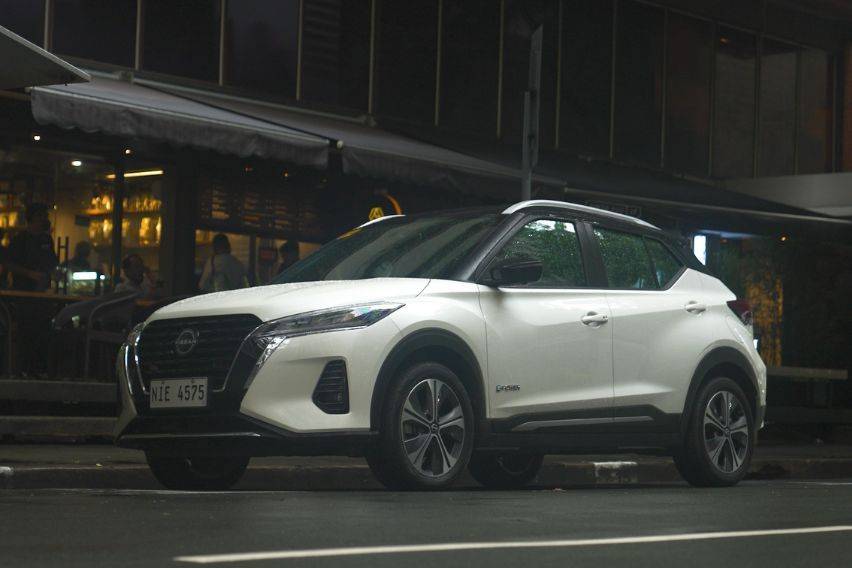 Photo from Kent Flores
Photo from Kent FloresAnd since the Nissan Ariya is yet to be released in the Philippines, the carmaker’s local subsidiary is doing its part by pushing its other electrified models like the Leaf and the Kicks e-Power.
“Not only do EVs help reduce your carbon footprint, but with more charging stations popping up, finding a place to plug in when you're on the road is becoming easier,” Nissan stated.
Social media can help with sustainability
Social media can play an important role in driving environmental progress forward. These platforms can be used to raise awareness and connect like-minded individuals.
“Social media can inspire people to adopt eco-friendly habits, support sustainable businesses, and join conservation or social good efforts, transforming digital conversations into meaning, tangible, real world changes,” Nissan said.
“At Nissan each year, we come together for a single act of kindness through Onigiri Action, a social good program amplified online, focused on feeding school-aged children in need. So, feel good about using social media to spread the word and make an impact,” it added.
Plastic is not the enemy
While plastics can be bad for the environment, the use of these materials in the automotive industry is essential. Plastics not only ensure the production of durable components but they also contribute to the manufacturing of lighter vehicles.
Nissan pointed out that the key lies in using plastic responsibly.
By prioritizing recyclability one can support the shift toward greener materials while preserving the valuable benefits that plastics provide.
“At Nissan, plastics are labeled with an identifier at the time of manufacturing to ensure easier sorting and recycling for when the vehicles reach end of life,” the company explained.
Both large- and small-scale efforts matter
Regardless of the scope of an initiative, any effort to reduce carbon footprint matters.
Per Nissan, small actions in your one’s community can be just as powerful as large-scale efforts in the fight against climate change.
“... our teams at Nissan separate their trash for recycling as part of their daily routine. It’s a simple habit, but when everyone does it, the impact is huge,” Nissan said.
Whether its recycling at home, bringing one’s own bottles, or choosing energy-saving appliances — small steps can lead to big strides toward a greener future.
Also read:
9th PIMS: Nissan PH starts accepting pre-orders for Z NISMO
Sell your car at the best price
 Verified and genuine buyers
Verified and genuine buyers
Nissan Car Models
PIMS 2024
Trending & Fresh Updates
- Latest
- Popular
You might also be interested in
- News
- Featured Stories
Nissan Featured Cars
- Latest
- Upcoming
- Popular
Latest Nissan Car Videos on Zigwheels

Nissan Car Articles From Carmudi
- journal
- insurance


